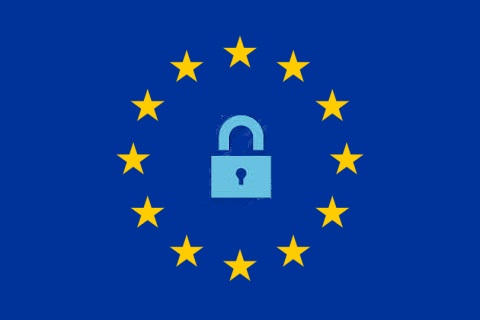Employers can read workers’ private messages sent via chat software and webmail accounts during working hours, European judges have ruled.
The European Court of Human Rights (ECHR) said a firm that read a worker’s Yahoo Messenger chats sent while he was at work was within its rights.
The ruling stated that the firm who fired a Romanian engineer in 2007 for using his work Yahoo Messenger to chat not only with his professional contacts but also with his fiancée and brother, were correct to do so and the company had not violated his right to confidential correspondence.
Judges said he had breached the company’s rules and that his employer had a right to check on his activities.
The judges said: “The employer acted within its disciplinary powers since, as the domestic courts found, it had accessed the Yahoo Messenger account on the assumption that the information in question had been related to professional activities and that such access had therefore been legitimate. The court sees no reason to question these findings.”
The man, named Bogdan Barbulescu, had already lost his case in Romania’s domestic courts and appealed to the ECHR.
He argued that his right to a private life had been breached when his employer had read a log of messages on a Yahoo Messenger account he had set up for work, as well as that from a second personal one.
Mr Barbulescu’s employer had banned its staff from sending personal messages at work.
To check his account, the judges said, it had been necessary for his employer to access his records.
The judges said this was a proportionate step because the firm did not access other information stored on his work computer.
And they added that Mr Barbulescu had had prior warning that the company could check his messages.
Commenting on the ruling, Sally Annereau, data protection analyst at Taylor Wessing, said: “While the UK, as a signatory to the European Convention on Human Rights, is bound by the judgments of the European Court of Human Rights, this judgment does not extend the scope of permissible employee monitoring in the UK.
“It is worth emphasising that the heart of the judgment is that the Romanian domestic authorities acted appropriately in striking a fair balance between the rights of the individual to respect for his private life and the interests of his employer. In this case, the employer’s policy stated that its systems could only be used for professional purposes. It consequently expected it would only be accessing client-related communications.
“In addition, it was reasonable for the employer, in the context of Romanian labour law, to verify that its employees were completing their professional tasks during working hours (Romanian labour law specifically allows monitoring for this purpose provided the confidentiality of the employee personal data is preserved).
“UK law allows employers to conduct minimal and proportionate monitoring of communications sent using an employer’s electronic communications system during business hours for specified business purposes such as checking that employees are complying with internet usage policies (and subject to various safeguards). In certain circumstances this may also include access to the content of those communications where necessary.
“This judgment underlines the importance of having appropriate and lawful employee monitoring policies in place and making sure both that they are communicated to employees and that they are adhered to by the employer.”

